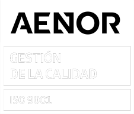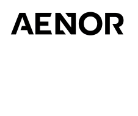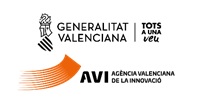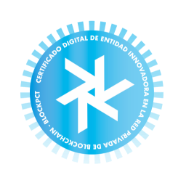Health outcomes research
OUTCOMES10
Real-life data
RWE/ Observational studies focused on collecting information on pathologies or conditions, medicines, or medical devices in real clinical practice:
- Cross-sectional, retrospective, or prospective design.
- Evaluation of:
- Patient-reported outcomes (PROs): health-related quality of life, adherence, satisfaction.
- Clinical outcomes/ effectiveness.
- Use of healthcare resources and costs.
Preference studies:
- Discrete choice experiment, Best-Worst scaling, Ranking-based conjoint
- Assessment of:
- Preferences (relative importance) for the characteristics of the treatment, health product, or health intervention.
- Differences and similarities in preferences between different stakeholders
- Factors (socio-demographic, clinical, resource use) that may influence preferences.
Development and/or validation of instruments to measure PROs:
- Develop and validate questionnaires that measure PROs in a population with needs not covered by current tools.
- Validation in the Spanish population of questionnaires developed in other countries.
Perception studies of different stakeholders:
- Online survey design.
- Aimed at patients, healthcare professionals, and/or managers.
- Invitation from Patients’ Associations, Scientific Societies, external panels, or clients.
- Collection of information on the perception of each group concerning the topic of interest.
Tools to aid shared doctor-patient decision-making:
- Interventions to improve the patient’s knowledge of the therapeutic or diagnostic alternatives available.
- They help the patient to make decisions together with the medical team.
- Particularly useful when there is uncertainty between different therapeutic or diagnostic options.
- Development of contents according to recommendations.
Development or adaptation of health outcomes catalogs:
- Set of health outcomes variables (clinical or PROs), their instruments, and periodicity of collection for the patient’s follow-up with pathology or condition.
- Adaptation from ICHOM standard set or de novo development.
- For the development phase, consensus techniques are used, considering patients, health professionals, and managers.
- There is the option to carry out the implementation phase.
Patient Support Programmes (PSP):
- Personalised solutions provide patients with the tools to optimise disease management and improve their knowledge, helping to achieve better health outcomes.
- We provide support in PSP design, information collection, and/or analysis of the data collected.
Generation of evidence:
- Systematic and narrative literature review
- Critical analysis of the evidence
- Meta-analysis
- Indirect comparisons




